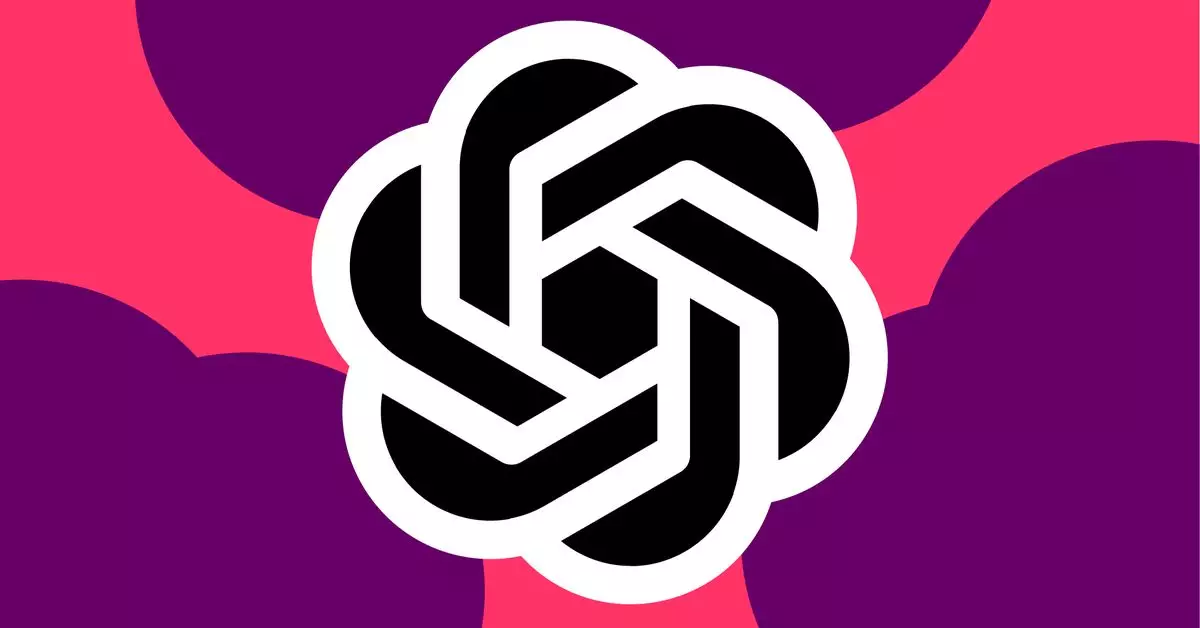In recent weeks, a significant disruption has occurred in the realm of artificial intelligence, particularly affecting the popular language model, ChatGPT, developed by OpenAI. Users across various platforms have reported difficulties in accessing the chatbot, raising concerns about its reliability and performance. This incident highlights the vulnerabilities associated with complex digital systems and the dependency many users have on these AI tools for everyday inquiries and tasks.
Reports indicate that issues with ChatGPT began around 1:30 PM ET, as documented by users on Down Detector, a site known for tracking service outages. As complaints surged, OpenAI acknowledged the difficulties by updating their status page at 2:00 PM ET. The announcement noted that both ChatGPT and the newly introduced text-to-video generator, Sora, were experiencing “high error rates.” By 2:18 PM ET, OpenAI attributed the problems to complications involving an upstream provider, a vague explanation that does little to clarify the root cause of the issue for anxious users.
The situation seems to have spiraled, with OpenAI sending further communication at 3:06 PM ET that they were diligently working on a fix. Still, they provided no estimated time for resolution, leaving many users in limbo. This lack of transparency is disconcerting. For a service that has become integral to many users’ workflows, being left without updates creates frustration and uncertainty.
This recent incident isn’t the first time ChatGPT has stumbled; it has faced similar downtimes on several occasions over the past few months. Just shortly after the launch of Sora, significant outages hit both the video generation tool and ChatGPT, revealing potential systemic flaws in the infrastructure supporting these AI services. Moreover, a notable outage in June that affected various AI applications serves as a reminder that the technology, while innovative, is not infallible.
Such repeated outages raise critical questions about the robustness of OpenAI’s systems and their preparedness for unexpected spikes in demand or external disruptions. As the AI landscape continues to evolve, maintaining stable and reliable service remains a primary concern for developers and users alike.
While this particular incident may seem like a mere inconvenience, it underscores a more significant issue within the tech industry: the reliability of AI tools. As users increasingly integrate AI into their daily lives, the expectation for consistent performance grows. Outages not only disrupt activities but also erode trust, making users wary of depending on these technologies for essential tasks.
Moreover, these disruptions can influence user sentiment towards AI technologies, leading to hesitations in adopting AI tools for more profound applications in business and education. The recent challenges faced by ChatGPT and similar applications highlight the importance of robust infrastructure and effective communication. For OpenAI, addressing these vulnerabilities must become a priority to ensure that users feel confident in their technology moving forward.
The recent outages experienced by ChatGPT serve as a critical reminder of the challenges faced in the realm of AI. As users and developers grapple with the implications of these disruptions, the focus should shift toward fostering reliability and trust in these transformative technologies.


Leave a Reply